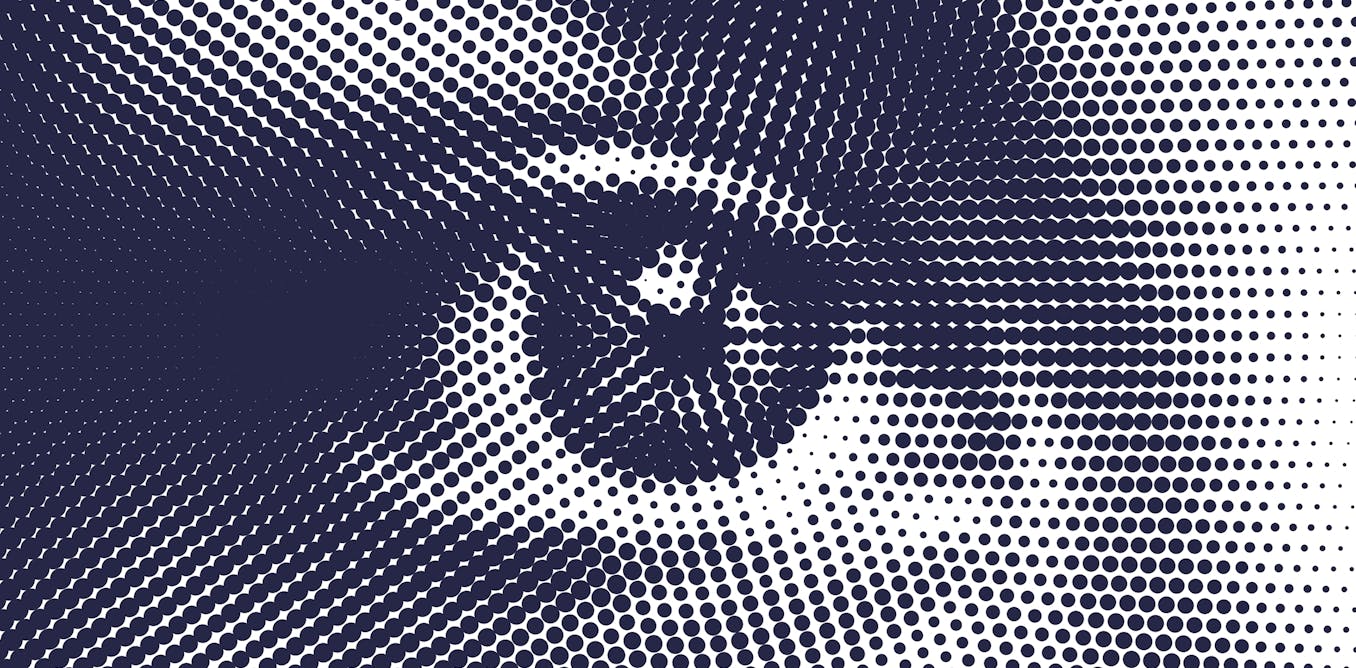- cross-posted to:
- science@lemmy.world
- cross-posted to:
- science@lemmy.world
We are constantly fed a version of AI that looks, sounds and acts suspiciously like us. It speaks in polished sentences, mimics emotions, expresses curiosity, claims to feel compassion, even dabbles in what it calls creativity.
But what we call AI today is nothing more than a statistical machine: a digital parrot regurgitating patterns mined from oceans of human data (the situation hasn’t changed much since it was discussed here five years ago). When it writes an answer to a question, it literally just guesses which letter and word will come next in a sequence – based on the data it’s been trained on.
This means AI has no understanding. No consciousness. No knowledge in any real, human sense. Just pure probability-driven, engineered brilliance — nothing more, and nothing less.
So why is a real “thinking” AI likely impossible? Because it’s bodiless. It has no senses, no flesh, no nerves, no pain, no pleasure. It doesn’t hunger, desire or fear. And because there is no cognition — not a shred — there’s a fundamental gap between the data it consumes (data born out of human feelings and experience) and what it can do with them.
Philosopher David Chalmers calls the mysterious mechanism underlying the relationship between our physical body and consciousness the “hard problem of consciousness”. Eminent scientists have recently hypothesised that consciousness actually emerges from the integration of internal, mental states with sensory representations (such as changes in heart rate, sweating and much more).
Given the paramount importance of the human senses and emotion for consciousness to “happen”, there is a profound and probably irreconcilable disconnect between general AI, the machine, and consciousness, a human phenomenon.



I’ve been thinking this for awhile. When people say “AI isn’t really that smart, it’s just doing pattern recognition” all I can help but think is “don’t you realize that is one of the most commonly brought up traits concerning the human mind?” Pareidolia is literally the tendency to see faces in things because the human mind is constantly looking for the “face pattern”. Humans are at least 90% regurgitating previous data. It’s literally why you’re supposed to read and interact with babies so much. It’s how you learn “red glowy thing is hot”. It’s why education and access to knowledge is so important. It’s every annoying person who has endless “did you know?” facts. Science is literally “look at previous data, iterate a little bit, look at new data”.
None of what AI is doing is truly novel or different. But we’ve placed the human mind on this pedestal despite all the evidence to the contrary. Eyewitness testimony, optical illusions, magic tricks, the hundreds of common fallacies we fall prey to… our minds are incredibly fallible and are really just a hodgepodge of processes masquerading as “intelligence”. We’re a bunch of instincts in a trenchcoat. To think AI isn’t or can’t reach our level is just hubris. A trait that probably is more unique to humans.
Yep we are on the same page. At our best, we can reach higher than regurgitating patterns. I’m talking about things like the scientific method and everything we’ve learned by it. But still, that’s a 5% minority, at best, of what’s going on between human ears.